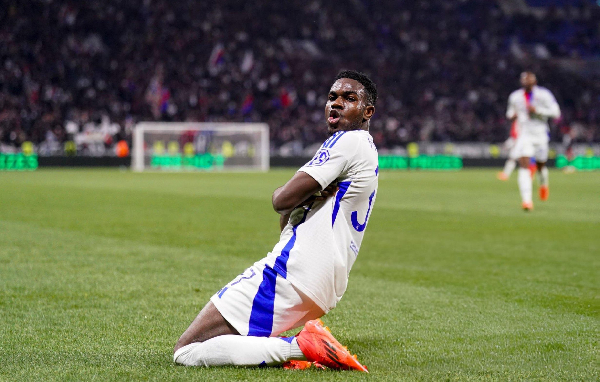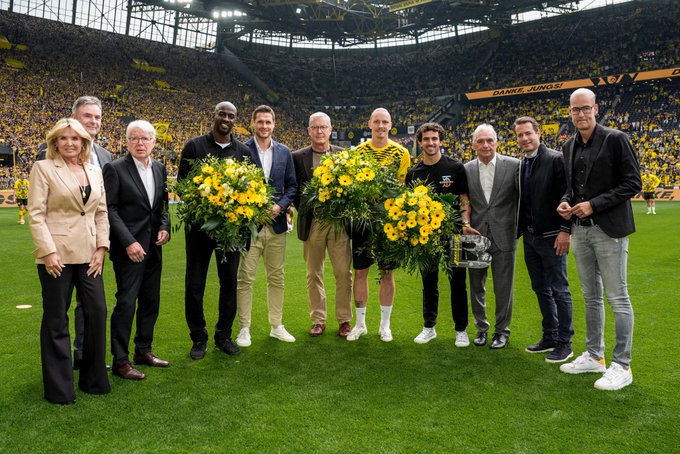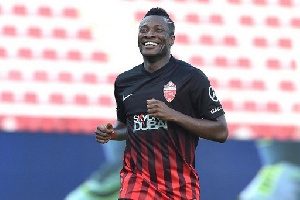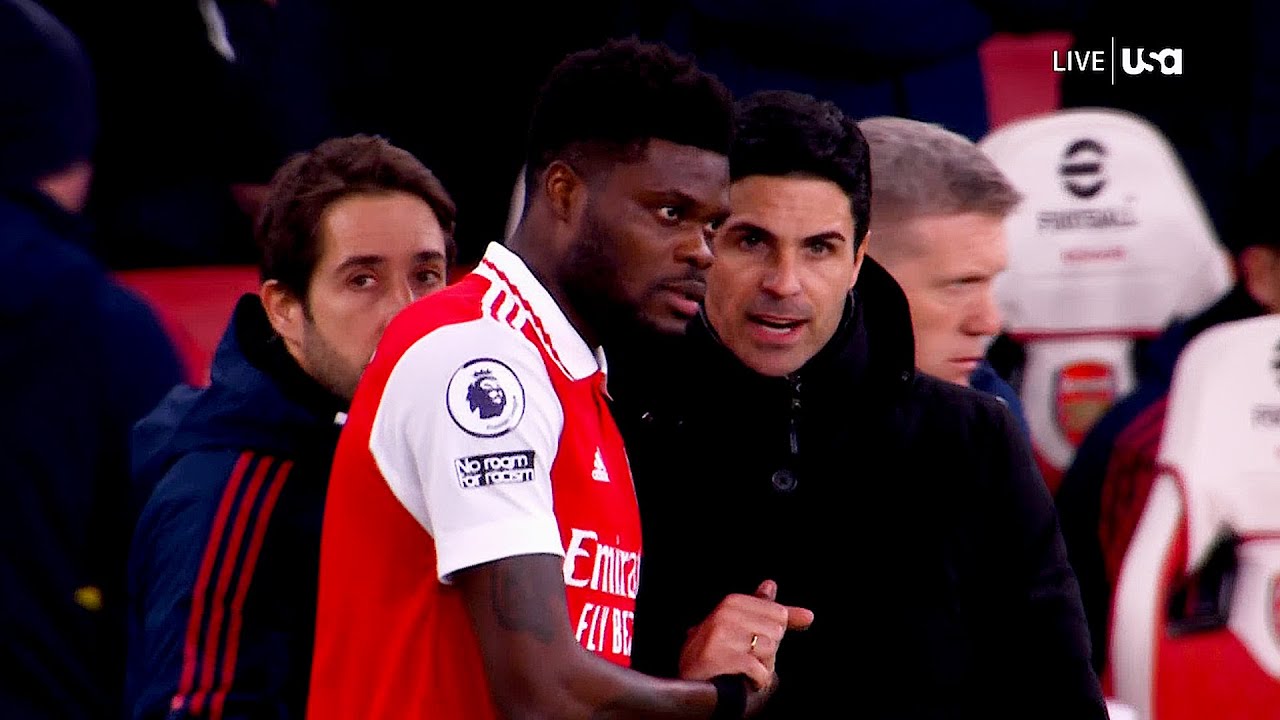Landmark Victory: Ghana’s Right to Dream Academy Wins CAS Appeal Against FIFA Over Nuamah Transfer Fees

In a monumental decision that sends ripples through the global football development landscape, Ghana’s renowned Right to Dream Academy has secured a significant legal triumph against FIFA at the Court of Arbitration for Sport (CAS). The ruling, as reported by AfricaSoccer.com and subsequently published by CAS, pertains to the rightful allocation of development fees stemming from Ernest Nuamah’s record-breaking €25 million transfer. This landmark victory not only vindicates Right to Dream but also sets a crucial precedent for youth development academies, particularly across the African continent.
FIFA’s Controversial Decision Overturned
At the heart of this complex legal battle was FIFA’s initial controversial decision regarding the “solidarity contributions” from Ernest Nuamah’s substantial transfer. Under FIFA’s solidarity mechanism, five percent of any international transfer fee is designated for distribution among the clubs that contributed to a player’s development between the ages of 12 and 23. However, FIFA’s database had erroneously listed a Ghanaian entity, Stadium Youth Club, as a primary beneficiary for Nuamah’s development, despite evidence showing that Nuamah had left their care at approximately eight years old. This misallocation would have diverted crucial funds away from Right to Dream, the academy that genuinely nurtured Nuamah during his formative years.
The Lausanne-based Court of Arbitration for Sport meticulously reviewed the evidence and decisively ruled in favour of Right to Dream. CAS has effectively annulled FIFA’s prior decision, instructing football’s global governing body to reassess its stance and reallocate the solidarity contributions based on the newly presented and accurate information. This means that Right to Dream, now recognized by CAS as Nuamah’s true development club during the eligible period, is poised to receive at least €283,919 from the initial transfer to RWD Molenbeek alone, with further payments anticipated once Olympique Lyonnais’ obligation to buy is activated later this year.
The Nuamah Transfer: A Complex Pathway
Ernest Nuamah’s journey to the upper echelons of European football involved an unconventional transfer structure that became central to the CAS dispute. In August 2023, Nuamah was transferred from Danish club FC Nordsjaelland – which is owned by Right to Dream – to Belgian outfit RWD Molenbeek. Crucially, he was immediately loaned to French giants Olympique Lyonnais with an obligation to buy in 2024. This intricate arrangement was made possible due to the shared ownership of Lyon and Molenbeek under American investor John Textor’s Eagle Football Holdings. The initial sale to Molenbeek itself was historic, representing the largest ever in the Danish Superliga.
While the transaction raised some eyebrows in regulatory circles, prompting suspicions of a potential “bridge transfer” designed to circumvent financial fair play rules or transfer restrictions, both the Danish and French football associations ultimately cleared the move after receiving assurances from the relevant authorities.
FIFA’s Records Deemed Outdated and Inaccurate
Throughout the proceedings, FIFA maintained that its initial allocation was based on records kept in its Transfer Matching System (TMS) and denied any procedural misstep, asserting it had acted in good faith. However, CAS strongly disagreed with this assertion. The court’s ruling determined that the registration data within FIFA’s TMS was indeed outdated and failed to accurately reflect Nuamah’s genuine youth development trajectory.
Right to Dream’s legal team, expertly led by Danish sports lawyer Jes Christian Fisker, mounted a successful argument, demonstrating that FIFA’s reliance on flawed data not only deprived the academy of vital funding but also fundamentally undermined the very spirit and intent of FIFA’s own regulations designed to support youth development. A source close to the proceedings hailed the decision, stating, “It’s a major victory for development academies in Africa. The precedent it sets could encourage others to challenge similar administrative errors.”
Clarifying Early Development and Impact on African Football
The CAS ruling also shed light on Nuamah’s earliest formative years. In a prior interview, Nuamah himself confirmed that he joined Right to Dream at the age of 10. Before that, from the age of eight, he spent two years with Real Soccer Angels FC, a local grassroots club. Right to Dream, demonstrating its commitment to the broader football ecosystem, had already made a significant resale payment of nine million Ghanaian cedis to Real Soccer Angels for their role in Nuamah’s formative years.
Conversely, Stadium Youth Club, which FIFA had initially listed as a primary beneficiary, had only worked with Nuamah between the ages of six and eight and had, in fact, ceased operations years ago. Had CAS not intervened, the solidarity payments erroneously designated for Stadium Youth Club would likely have been transferred to the Ghana Football Association, as per FIFA’s policy when a recipient club is defunct.
This landmark decision by CAS marks a rare legal setback for FIFA, which seldom faces defeats at the Court of Arbitration for Sport. This ruling delivers a noteworthy blow to FIFA’s credibility in its management of youth development data and the crucial distribution of transfer payments. By reversing the initial decision and remanding the matter back to FIFA for correction, CAS has emphatically reinforced the critical need for diligence and accuracy in maintaining player records, particularly in less digitized footballing jurisdictions.
Right to Dream’s hard-fought victory underscores a broader vulnerability faced by many young African players whose career data often becomes fragmented or inaccurately recorded when they transition to clubs abroad. This landmark decision could empower and embolden more academies across the African continent to contest similar misallocations of solidarity compensation, ensuring that the rightful developers of talent receive their due.
As Olympique Lyonnais prepares to finalize their purchase of Nuamah in the coming months, Right to Dream stands to benefit further from additional payments under the revised conditions set forth by CAS. Meanwhile, Ernest Nuamah continues to thrive with the Ghana national team and remains a coveted talent, attracting interest from Premier League clubs. He is a shining example, joining a distinguished lineage of exceptional talents, including Mohammed Kudus, Simon Adingra, and Kamaldeen Sulemana, who have emerged from the acclaimed Right to Dream Academy to make their mark on the global football stage.
Source: http://thepressradio.com





